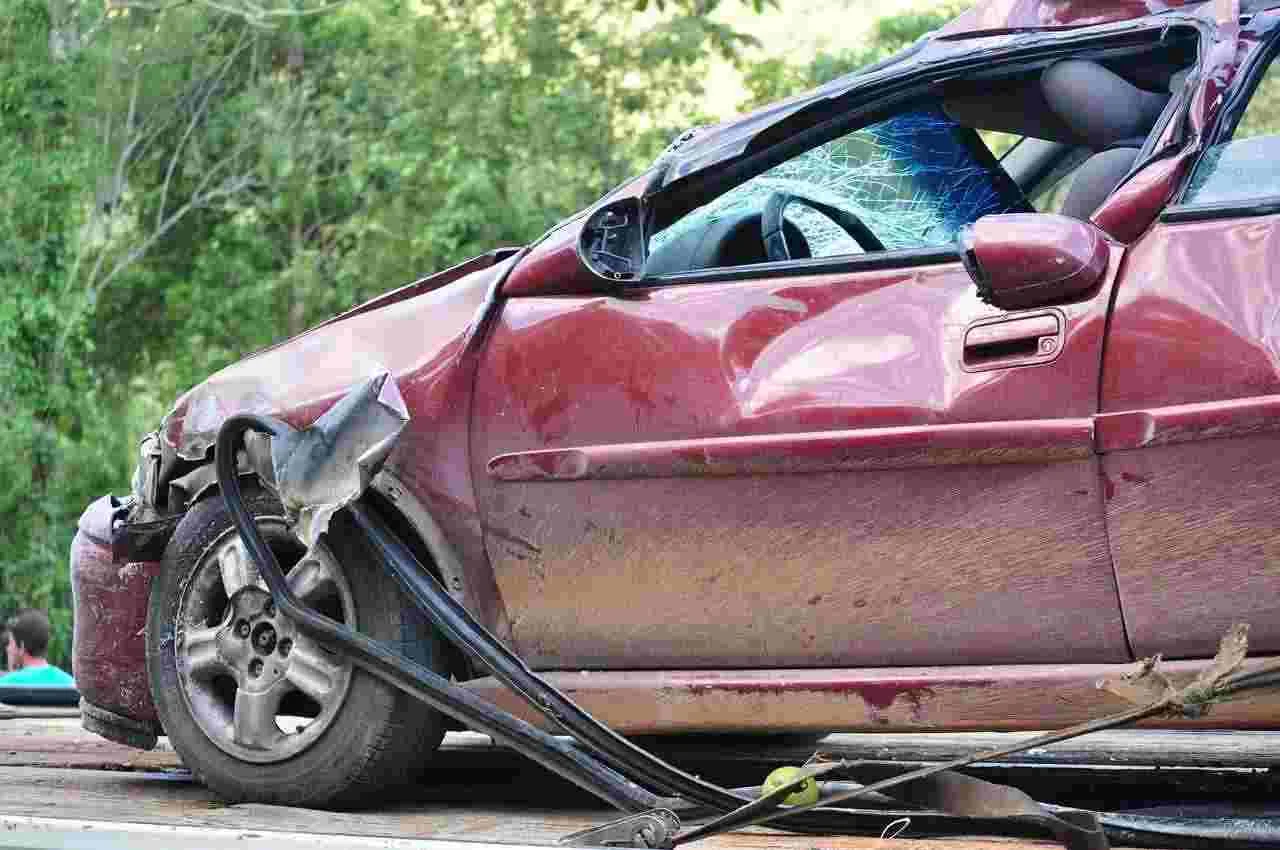Deciphering the Role of Medical Records in Orlando Car Accident Cases

Orlando, renowned for its sunlit skies and animated attractions, is also a nexus of bustling roads and highways. Inevitably, vehicular incidents become a part of the city’s narrative. As victims navigate the aftermath, medical records emerge as silent, yet potent, storytellers in car accident cases. Let’s explore the pivotal role these records play in sculpting the trajectory of an accident claim in Orlando.
Medical Records: More than Just Paper Trails
Medical records document every aspect of a victim’s health journey post-accident—from initial emergency care to prolonged therapies. These records serve as tangible proof of injuries and the subsequent treatments, helping to validate claims of physical harm.
Establishing the Link: Causation and Corroboration
One of the core challenges in car accident cases is demonstrating that the accident directly caused the injuries:
- Immediate Medical Attention: Records of treatment soon after the accident can solidify the connection between the event and the injuries.
- Detailed Doctor’s Notes: Thorough notes that detail the nature and possible causes of injuries can be pivotal in confirming the accident as the primary cause.
Gauging the Gravity: Severity and Prognosis
The extent of compensation often correlates with the severity of injuries:
- Diagnostic Reports: MRI scans, X-rays, and other diagnostic tools not only pinpoint injuries but also showcase their seriousness.
- Future Implications: Medical records that indicate long-term impacts, potential surgeries, or extended therapies emphasize the gravity of the injury, influencing claim evaluations.
Financial Facts: Medical Bills and Costs
A substantial part of compensation revolves around covering medical expenses:
- Itemized Bills: These not only validate the treatments availed but also provide a clear picture of the financial burdens faced by the victim.
- Prescription Records: Medications, especially long-term ones, add to the financial toll, making their documentation essential.
Potential Pitfalls: Incomplete Records and Gaps
While medical records are powerful tools, certain aspects can complicate a claim:
- Gaps in Treatment: Delays in seeking medical care or significant gaps between treatments can be used to question the severity of injuries or suggest alternate causation.
- Pre-existing Conditions: Past medical records indicating pre-existing conditions can be a double-edged sword. While they help in distinguishing between past and current injuries, they can also be used to argue that the accident wasn’t the primary cause.
Florida’s No-Fault System
- Personal Injury Protection (PIP): In Orlando, car accident victims first turn to their PIP coverage. Medical records help in ensuring that PIP benefits are rightly disbursed.
- Threshold for Lawsuits: To step outside Florida’s no-fault system and file a lawsuit, the injury must meet certain severity criteria. Medical documentation aids in substantiating these claims.
The Balancing Act: Privacy and Relevance
- HIPAA Considerations: While medical records are crucial, it’s essential to ensure that only relevant records are shared, respecting privacy norms under the Health Insurance Portability and Accountability Act (HIPAA).
- Relevance is Key: Sharing extensive medical histories might not always be beneficial. Focus on records directly related to the accident’s impact.
Conclusion
Amidst Orlando’s dynamic urban rhythms, when unexpected vehicular mishaps unfold, medical records stand as pillars of evidence and authenticity. They bridge the gap between narratives and nuances, personal experiences, and legal veracity. So, whether you’re a resident or a visitor in Orlando, in the intricate dance of claims and compensations, let your medical chronicles lead the way. Drive safely and stay informed!

 Call Us Today - It's Free
Call Us Today - It's Free